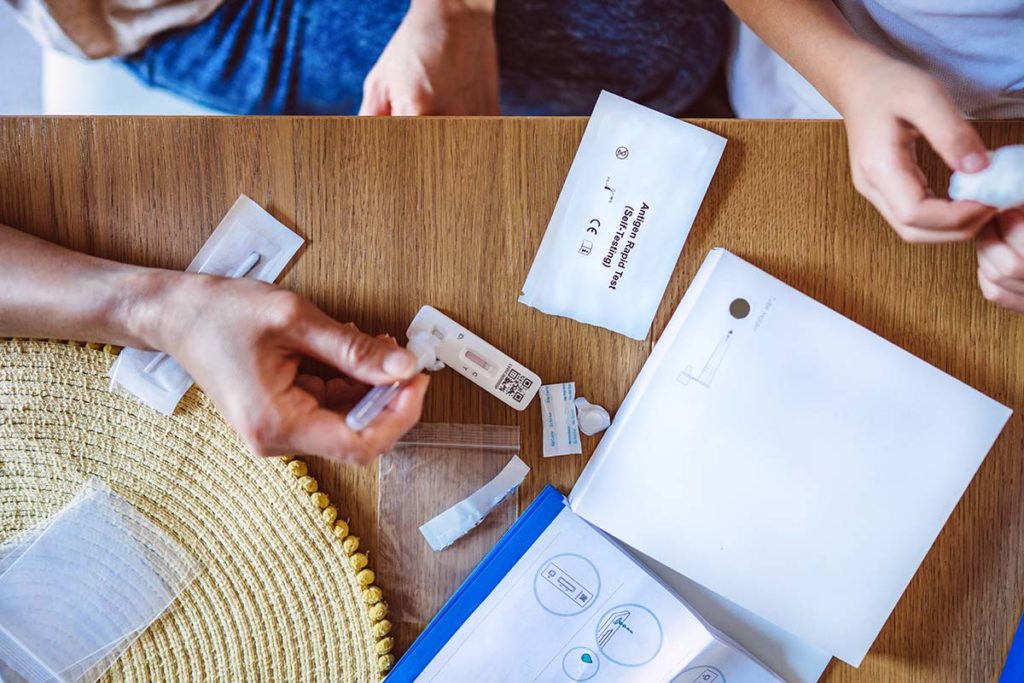Almost 2.5 years into the pandemic, we’re all tired of COVID. But a rise in cases with the omicron BA.5 variant is still important news.
Even with vaccines, you can still get a severe case, especially if you’re older or immunocompromised. With the need to isolate, a mild case can really disrupt your daily life. And then there’s long COVID to worry about.
UVA Health infectious disease expert Costi Sifri, MD, shares what you need to know the current surge.
Omicron BA.5 Spreads Easier Than Other Variants
Protect Yourself & Others From COVID
Avoid getting or spreading omicron BA.5 with a free vaccine.
Omicron BA.5 is now the dominant strain in central Virginia and in the United States. And it spreads more easily than any of the previous COVID variants, Sifri explains.
The advice for avoiding COVID hasn’t changed:
- Get vaccinated and boosted
- Wear a mask
- Avoid crowded indoor spaces
“Masking indoors makes sense right now,” Sifri advises.
What’s the Risk for Serious Infection?
If you’re fully vaccinated and boosted, you’re much more likely to only get a mild case of COVID from omicron BA.5.
“By and large, they’re not getting serious infections and they’re not the people we’re seeing coming into the hospital for COVID,” Sifri explains.
But you can still spread COVID to someone at higher risk for serious illness because of their age or other medical problems.
“That’s a reason we feel it is important to control the virus,” Sifri says.
Your Immunity Could Be Lower Than You Think
More than 3 months out from a COVID infection or vaccine? Your immunity to the virus is probably dropping.
“If you’re several months out, you’re starting to become susceptible again,” Sifri explains. “Keep that in mind as you think about the measures you and your family should take to prevent infection.”
Paxlovid & Rebound Symptoms: What To Do
Paxlovid is an antiviral drug taken by mouth. It’s for people with mild to moderate COVID symptoms who are at higher risk for severe disease because of their age or being immunocompromised. It’s “about 90% effective” at keeping those folks out of the hospital, Sifri notes.
But the drug is also making headlines because some people have rebound COVID symptoms after they finish the 5-day course of the medicine.
In clinical trials, a small percentage of people who took Paxlovid had rebound symptoms. That percentage was about double the percentage of people who had rebound symptoms after taking a placebo.
“It was on the order of several percent,” Sifri says. “It wasn’t very common.”
So what should you do if you get rebound symptoms?
“Anyone with rebound symptoms should isolate,” SIfri recommends.
